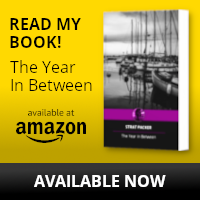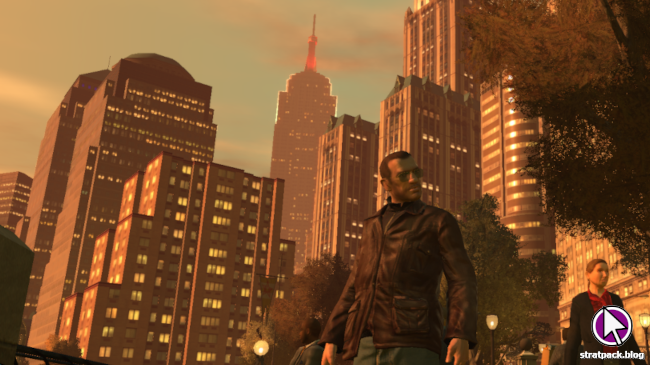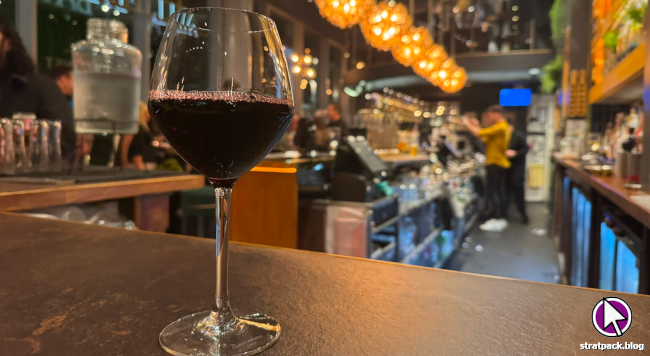
Anxiety, locus of control, and gratitude
One benefit of increased awareness of my emotions and their origins is that I can identify patterns that show the effectiveness (or lack thereof) of my own wellness practices. In the last month or so I spotted a link between anxiety, locus of control, and gratitude that I thought was worth sharing for the benefit of others.
Locus of control
One of my favourite blogs is that of the social psychologist Jonathan Haidt, co-author of The Coddling of the American Mind. His site features articles on a range of topics, from technology and social media to play during childhood, but a concept he returns to regularly is that of locus of control and its role in our mental lives.
As established by the psychologist Julian Rotter in the 1950s, one’s locus of control can be either internal (whereby you feel like you are the driving force in your life) or external (where you feel as though you are at the mercy of external forces). Haidt notes extensive research that shows “people with an internal locus of control are happier and achieve more” and applies some interesting mappings to political perspectives and generational differences, but that’s not our focus in this article.
I’ve tweeted openly before about anxiety and my path out of it, but on considering the concept of internal and external loci of control, something suddenly clicked in my head regarding the ways I tried to nurture my own mental health, why some worked better than others, and how they nudged my own instincts on determinism.
The gratitude paradox
At one point in my life I couldn’t see a future at all. I was working in a career with low pay and little chance of progression, and things like home ownership appeared to be out of the question for life. Anxiety wasn’t an issue. I had little to win or lose, so my aim was just to grab whatever enjoyable experiences I could along the journey.
You might expect my evential move to a more lucrative profession to have brought greater stability, but along with the imposter syndrome that comes with a career change, a panic set in that this was possibly my only shot at self-determination, and if circumstances changed I might lose all that potential and sink back down.
I tried to improve my mindset by practicing gratitude, noting how nice it was to have a flat of my own and to enjoy the taste of my home cooking, but running contrary to my expectations this actually introduced more worry. As I tried to appreciate those small pleasures, my thoughts turned to what might happen if I lost those things.
Intrinsic gratitude
More recently, I’ve found a new perspective that harnesses the benefits of an internal of locus of control to make gratitude work for me as a force for calm.
Rather than focusing on things around me, I’ve begun to practice gratitude more for my intrinsic qualities - the rationality, determination, and so on that allow me to do things like completing complex technical work, running half marathons, and making 15-minute videos about the religious connotations of a video game.
These characteristics increase the likelihood that I will thrive whatever life throws at me, and will hopefully grant me the ability to carve out a living and an intellectual life for myself regardless of the external circumstances I have to contend with.
In short, my gratitude practice has become a way of reinforcing an internal locus of control and building confidence that I’ll have what it takes to handle any adversity that might come my way in future. To paraphrase the stoics, I can’t control the world, but I can control my reaction to it, and it’s easier to find comfort when I believe that reaction will be strong enough to overcome nearly any challenge.

















